“La Mesa de Español” is Breaking Down Language Barriers at Allderdice
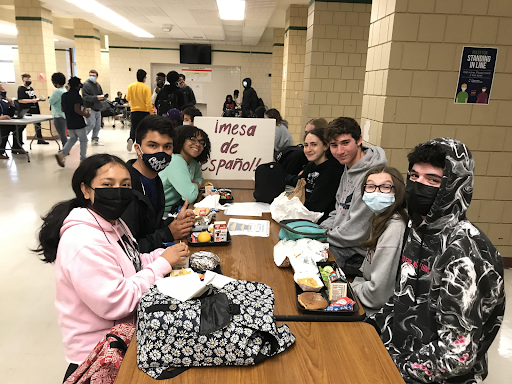
Spanish-speaking and English-speaking students eat and discuss together at the weekly “Spanish table”.
Taylor Allderdice High School students now have a unique opportunity: they can spend one lunch period a week talking with classmates who do not speak the same language. Allderdice Spanish teacher Señorita (Srta.) Haizlett noticed that there were many new, Spanish-speaking students, trying to adjust to a new high school environment. English Language Learners spend only four periods maximum per day in English as a Second Language (ESL) classes, says Allderdice ESL English teacher Mrs. Jessica Porter. Mainstream teachers sometimes do not have the time or resources to help students adjust and understand outside of those classes. “I encourage my students to get involved in activities to make friends and build on their English language skills,” Porter says. Haizlett’s plan aims to further this goal and help English learners feel more comfortable, at least once a week. There, they can connect with English-speaking students from whom they might otherwise be isolated.
At the designated “Spanish Table”, or La Mesa de Español, English-speaking students learning Spanish eat lunch with native Spanish speakers. Srta. Haizlett says “I realized that we didn’t have a Spanish club, or really any ways for students to be able to speak in Spanish informally…coming out of the pandemic, I felt like students have been isolated for so long, it was hard for some [English language learners] to make friends, and I wanted to bridge the gap between students in Spanish classes and native speakers.”
Like many schools in America, Allderdice has a definite racial disparity, both socially and academically. This separation applies to language and nationality differences as well. English Language Learner programs can only go so far to help new students find their place in an entirely new, and sometimes confusing, environment. “I do feel like Allderdice has a lot of cliques, and even segregation,” Srta. Haizlett says. Haizlett adds, however, “I’m so happy, because last week [at the Spanish table] it seemed like there was a lot of enthusiasm!”
Allderdice junior Maya Zimmerman, who is a student in Srta. Haizlett’s CAS Spanish 4 class, agrees that the program is an opportunity to meet new people and speak “more conversational Spanish”. Zimmerman believes she also gained a new level of cultural understanding. “Seeing other kids who are coming from different countries… I haven’t really been exposed to that at our school, so that’s really interesting.” Zimmerman says that she believes it is “absolutely” important to have programs like this in schools. These initiatives can be “really effective” not only to help students learn new languages, but break down barriers.
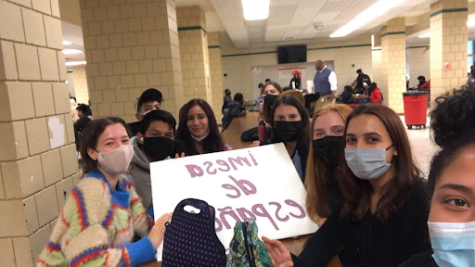
Allderdice freshman Javier Diaz moved to Pittsburgh from Honduras at the beginning of the school year. Diaz says that he really likes the Spanish table and finds it very helpful: “Yes, it’s [the program] very important because knowing two languages is very beneficial.”
Senior Gloriana González says she loves sitting at the table, though she wishes the group had more time to talk than one lunch period a week. “Those who do not speak English are able to learn a little more with the help of [the other students].”
With interest from various students, La Mesa de Español appears to be succeeding in its goal of connecting classmates and expanding opportunities. Srta. Haizlett has also formed a Spanish club with a similar idea, which recently held a Día de los Muertos (Day of the Dead) celebration, attended by English language learners and native English speakers alike. This is another step towards the goal of creating opportunities for casual interactions. If students feel that others are open and are interested in getting to know one another, it will make it easier for friendships to form and go beyond just once a week.
Quotes from Spanish-speaking students were translated and edited slightly for clarity by Schwartz.
Hannah Schwartz is a senior at Pittsburgh Allderdice High School who has enjoyed writing for as long as she can remember. She is also a member of Allderdice...
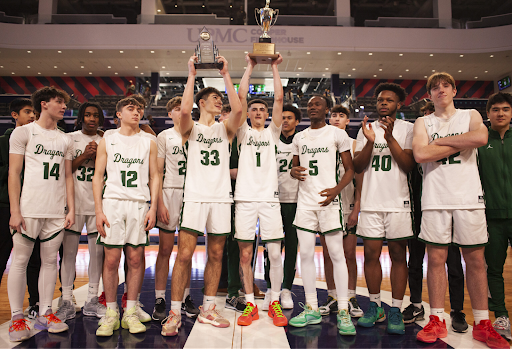





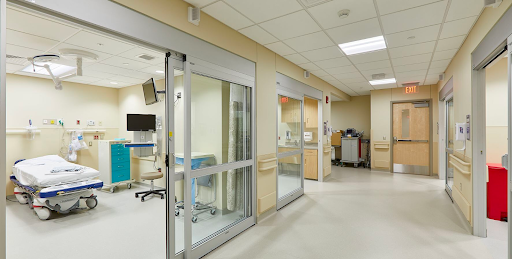


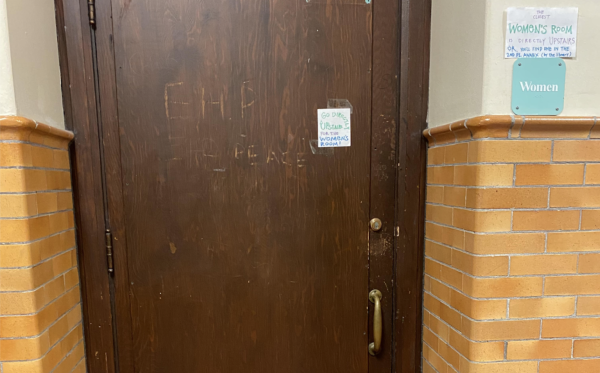

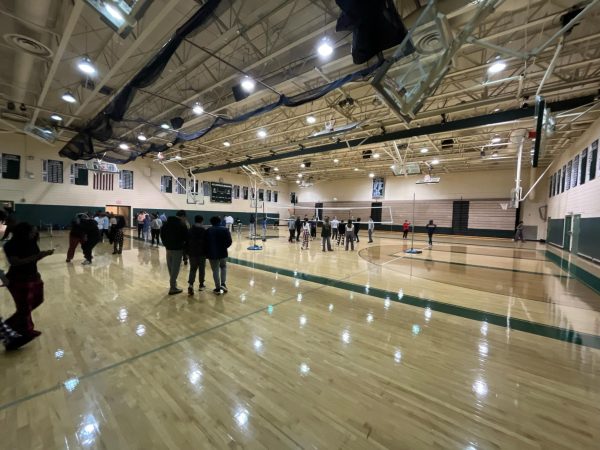

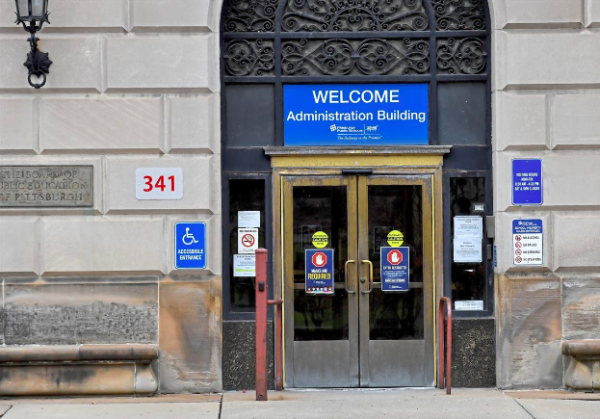

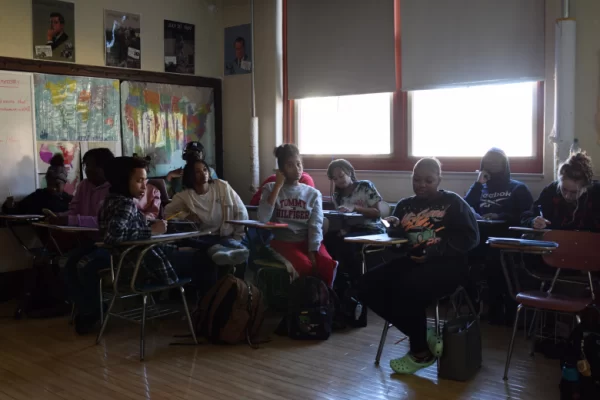


Sra. Valdivia • Nov 20, 2021 at 11:31 am
Excelente! me alegro mucho que se fomente la amistad entre todos los muchachos de otras culturas y razas.